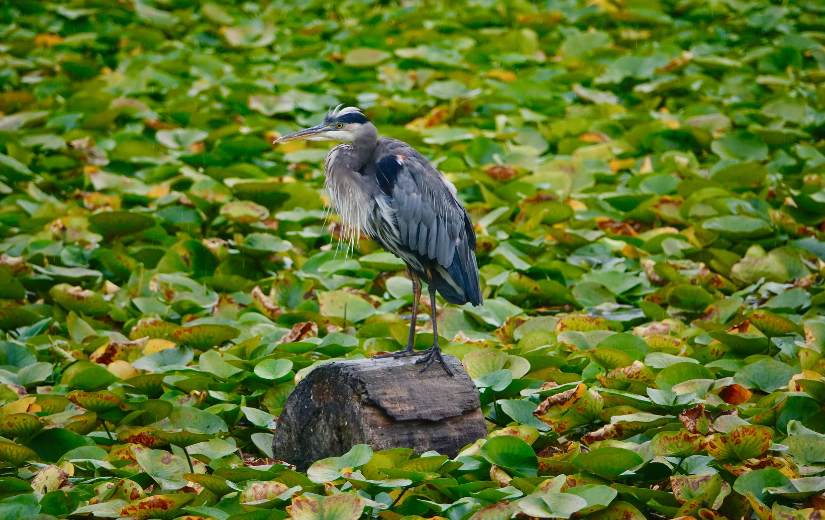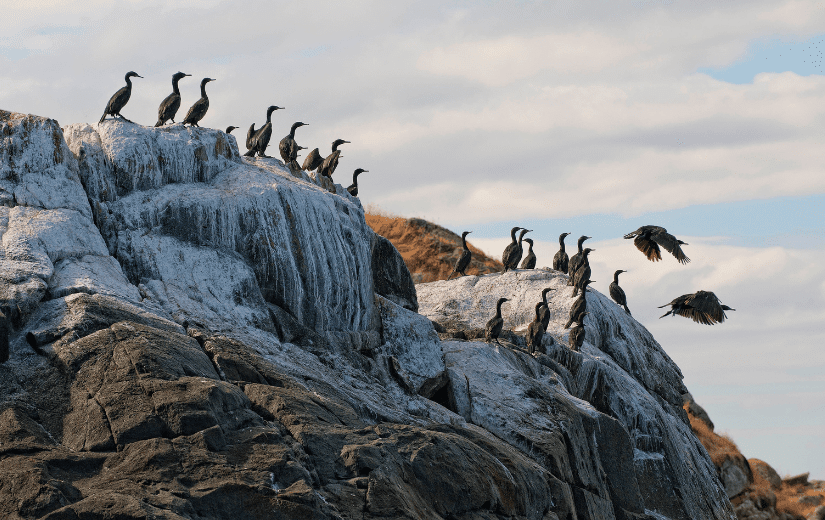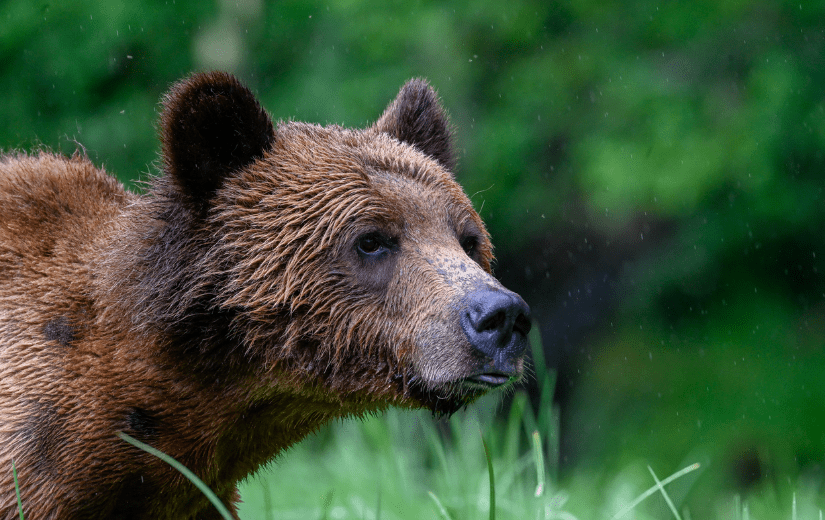Suppose you are looking out at a green space near your home and spot an interesting bird. Grabbing your phone, you open a bird identification app and log your observation. The day you logged your observation coincides with the Great Backyard Bird Count and you have joined people all around the world submitting their bird observations for science. Just like that, you have become a citizen scientist!
Citizen science has grown in popularity around the world as more people have discovered they can turn a personal interest into meaningful work – without any formal scientific training. “Being a citizen scientist connects you to nature and lets you take action for wildlife where you live,” says Andrea Wallace, wild animal welfare manager for the BC SPCA. “Wildlife conservation work can be fun as well as informative.”

The work is rewarding for the researchers, too, who analyze and verify the data collected by citizen scientists – data they do not have the resources to collect on their own. The BC Breeding Bird Atlas is one example. This partnership represents the combined efforts of 1,300 citizen scientists who spent five years from 2008-2012 logging more than 56,000 hours of field data collection – the equivalent of 30 years of full-time fieldwork by one person!
To make a difference for wildlife close to home, Wallace suggests taking part in one of the many citizen science projects happening right here in B.C. Here are just a few examples:
PlantWatch: Knowing what species of plants are in an area and when they are blooming provides researchers with valuable information to monitor changes over time. PlantWatch needs your observations to identify ecological changes in our environment.
WormWatch: Worms are an important indicator of soil biodiversity and submitting your observations can help scientists learn about how habitat is being managed, soil health and how to restore degraded sites.
BC Annual Bat Count: Half of the bat species in B.C. are considered to be of conservation concern. Participate in the Annual Bat Count to tally bats as they fly out from roost sites to forage for insects. Monitoring these sites can alert biologists to changes in bat populations from year to year and is especially important with the occurrence of White-nose Syndrome in North America.

BC Beached Bird Survey: Seabirds are vulnerable to a variety of threats such as oil spills, habitat loss, predation, disease, climate change and entanglement in fishing gear. Conduct monthly beach walks, looking for seabird carcasses that have washed up on shore. Your observations will help researchers in understanding the causes of seabird mortality and identify which species are most vulnerable to fisheries bycatch or environmental disasters such as oil spills.
BC Parks iNaturalist Project: This initiative seeks to gather data from community scientists across the province who document flora and fauna in their backyards. This information helps to inform management decisions in B.C. and can track locations of species at risk over time. Join thousands of other citizen scientists and provide your observations!

“Coexisting with wildlife takes some effort”, says Wallace. “Citizen science empowers people to get outdoors, learn about wildlife and make a difference.”
Want to learn more? Nature Vancouver offers a comprehensive citizen science project list for Canadian, North American and global projects. You can also check out National Geographic and Zooniverse for more extensive lists of citizen science projects available in B.C. and around the world.
Subscribe to WildSense
Want to receive more stories like this, right in your inbox? Subscribe to WildSense, our bi-monthly wildlife newsletter.
The BC SPCA uses your personal information to update you on our work for animals as well as for advertising and analytics purposes. More information on uses and how to opt-out can be found in our Privacy Policy.
